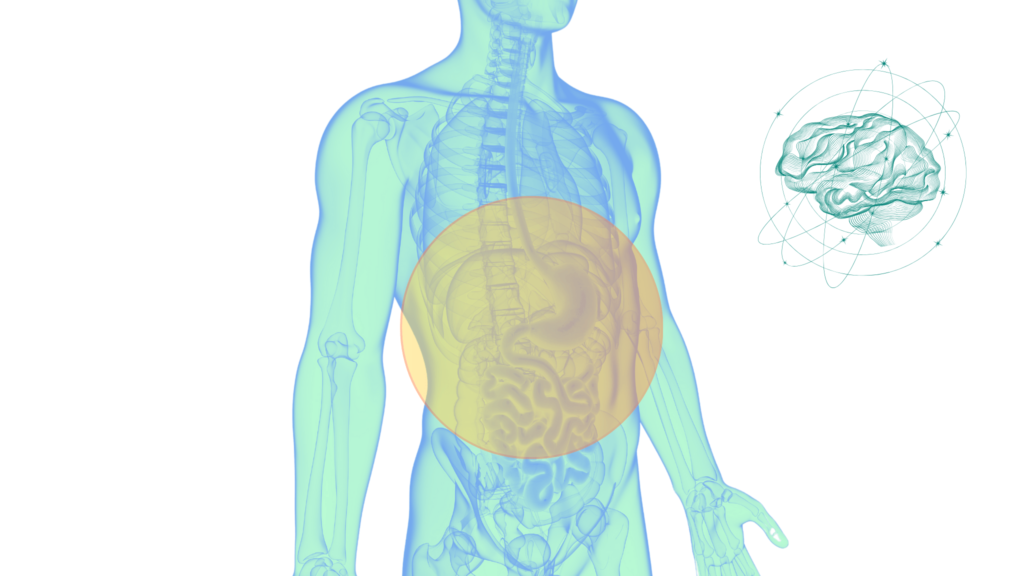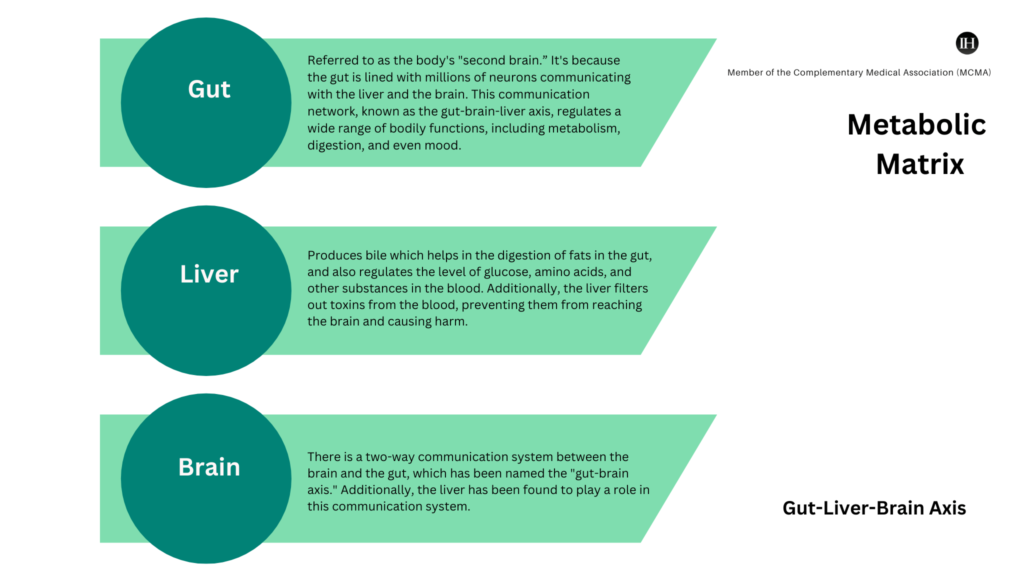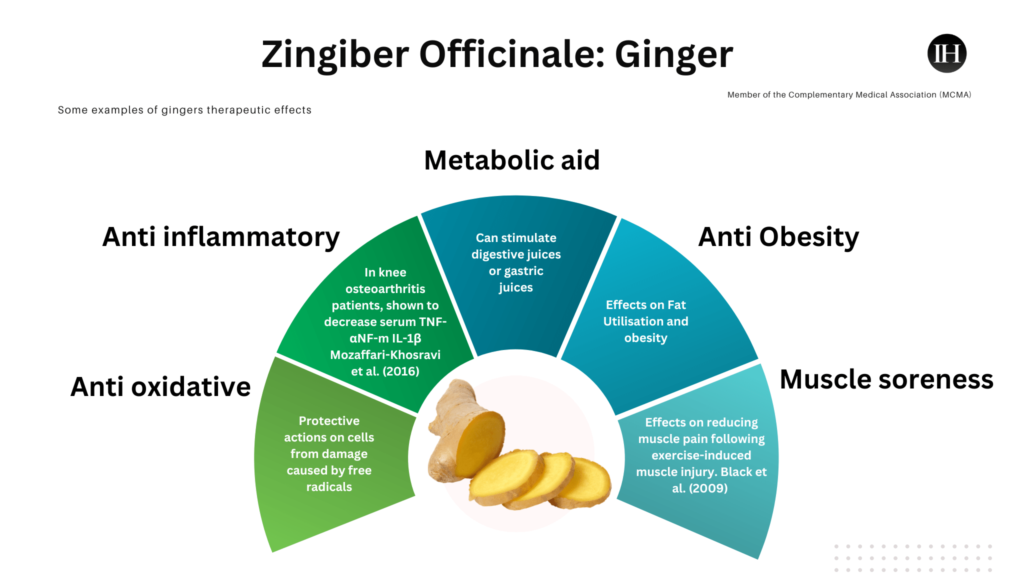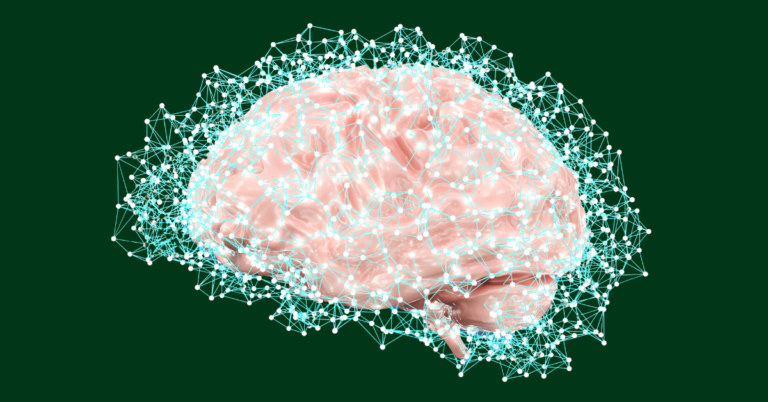The Metabolic Matrix: Eating for Metabolic Integrity
The Metabolic Matrix refers to the complex working of an interconnected system of organs involved in metabolism. Studies now emphasise the importance of metabolic integrity for overall health and well-being.
In this respect, the matrix illustrates how vital organs interact and impact bodily functions. For instance, the gut-brain axis is a bi-directional communication that occurs between the two organs and other processes.

In this article, we examine the importance of maintaining metabolic integrity.
Metabolic integrity refers to the proper functioning of metabolic processes in the body, including the breakdown of nutrients into energy and the elimination of waste products. When combined, these processes form part of the metabolic matrix effects.
Key Points In This Article
- This article discusses the metabolic matrix and integrity in an overview, considering case studies and traditional sciences’ long-standing recognition of metabolic integrity through proper diet.
- It also highlights the negative impact of certain foods on this matrix, particularly ultra-processed foods known for causing metabolic derangement within the body, as Harlan et al. (2023) stated in their recent study.

The Metabolic Matrix
The term “matrix” refers to a complex, interrelated system or structure composed of different components, elements, or factors that interact with each other and subsequently affect other facets.
Secondly, metabolism refers to chemical reactions occurring within living organisms’ cells in which certain organs play a pivotal role.
These chemical reactions are responsible for converting food into energy, building and repairing cells, and eliminating waste products. These complex processes are vital functions of a healthy body.
Combining both is referred to as the metabolic matrix, a term developed by Harlan et al. (2023). According to Harlan et al. (2023), the key workings of this matrix involve the gut-brain-liver axis.

Also, the metabolic and food matrix effects are similar in that they impact how the body’s organs process and absorb nutrients, with the latter directly involving the digestion of nutrients, nutrient profile and quality.
Gut-Liver Brain Interplay
Some of the important metabolic functions include digestion and absorption of nutrients, synthesis of proteins and other biomolecules, energy production, and elimination of waste products.
Metabolism is regulated by hormones, enzymes, and other factors that ensure that the body’s metabolic processes are balanced and functioning properly.
The gut, liver, and brain are interconnected (as are all parts of the human body) and depend on one another to function correctly. They play a pivotal role in metabolic processes, and their integral functioning is vital for metabolism.
How The Gut Liver Brain Collaborate “Perfect Synergy“
The human body is a complex system in which different organs work together to maintain good health.
A perfect example of this cooperation is how the gut and liver absorb and process nutrients while the brain regulates digestion and gut motility. Moreover, the liver is crucial in detoxifying the body, affecting brain function and overall health.
Without this interplay of communication and cooperation, the organs could not work in perfect synergy. We feel the perfect synergy of the body through vitality, robust energy levels and elevated mental states.
Disruption To Metabolic Integrity
Any disruption in these processes can lead to various metabolic disorders such as diabetes, obesity, and metabolic syndrome.
Quality of Food Integral To Proper Functions
The quality of food we consume is a major benefactor or disruptor of proper body function.
Several reputable studies suggest that processed foods, ultra-processed foods, carcinogenic foods and pesticides may disrupt the body’s proper functioning (among other factors).
Many of these foods taste rich, are filled with synthetic additives, and are nutritionally synthetically modified, and the body has a hard time eliminating them due to the food matrix effect.

Impact of Food On Metabolic Matrix – Misconceptions
According to the Harlan et al. (2023) study, ultra-processed foods are a metabolic deranger.
In the following section, we explore some of the interesting points made by the study regarding misconceptions about metabolic diseases among healthcare professionals and clinicians.
The study highlights the following misconceptions:
- Chronic diseases are not the inevitable result of the ageing process.
- It is the quality of the food consumed that contributes to insulin resistance rather than quantity.
- Fat depots outwardly noticeable are not the main reason for rise of non-communicable diseases. An individual may be devoid of subcutaneous fat but develop liver fat etc and insulin resistance based on food quality.
- Obesity and chronic diseases are not the same. Some obese individuals may be metabolically healthy compared to normal-weight individuals due to the quality of their diet.
(Reference: these points can be found under the heading “introduction,” paragraph two thereon: study).
Ultra-processed foods are detrimental to human health across several parameters, including macronutrient and micronutrient composition, fibre, effects of food additives, toxins, heat exposure, and packaging.
Harlan et al. (2023)
Eating For Metabolic Integrity
A way to counteract the current premise is by consuming high-quality foods that are friendly to metabolic integrity.
Here are a few points to consider:
- Introducing foods into daily meals that provide sufficient body-friendly nutrients and therapeutic properties.
- Read ingredients labels and opt for whole foods.
- Depending on individual health status, foods with therapeutic properties, such as ginger, may be helpful as metabolic aids.

Example Case Study: Recognising The Matrix
Delving further into the study published in Frontiers in Nutrition in March 2023 by Harlan TS, Gow RV, Kornstädt A, Alderson PW, and Lustig RH, it highlights the harmful effects of ultra-processed foods.
The study suggests incorporating specific fibre, fat, and protein ratios can improve gut health, protect the liver, and support brain function.
It recognises the negative effects of ultra-processed foods on overall health and proposes a tiered system – Metabolic Matrix.
The new approach emphasises nutrient quality to provide healthier food options.
An Overview Of Key Aspects
According to the study, the matrix involves feeding the liver, gut, and brain with body-friendly nutrients and active compounds.
These principles apply to an overall diet that is consumed in a balanced way rather than isolating single nutrients.
Here is an overview of its points, protect the liver, feed the gut and support the brain:
- Protect The Liver
Highlights: Fructose reduction, reduction of processed sugar, proper hydration, and reduce environmental toxins.
Based on the given points, some considerations can be made, such as;
Consideration: replacing white sugars with natural sources in moderation, opting for an organic source free from chemicals and probiotic inclusions like legume soups, and ensuring proper hydration through water and herbal tisane, etc.

- Feed The Gut
Highlights: consuming soluble and insoluble fibre sources, carbohydrates from whole foods, food matrix nutrients, prebiotic (dietary fibre) and probiotic inclusions, etc.
Consideration: Consuming pure water in accordance with individual requirements is a metabolic benefactor.
- Support The Brain
Highlights: consuming nutrient-dense foods, healthy essential fats, healthy proteins and amino acids, and brain-selective nutrients help govern neurotransmitter functions.
Consideration: For instance, nutritionally rich foods contain therapeutic properties such as neuro-protective qualities, etc.
Informational (Audible) Video
Herbal Tisane, Teas Therapeutic & Dietary Properties
Holistic Sciences On Metabolic Integrity
Lastly, in terms of metabolic integrity, traditional sciences such as Ayurveda and Ayurvedic diet principles maintain a long-standing history of eating for metabolic integrity.
For instance, Ayurveda categorises Pitta dosha as an important element of a healthy metabolic system. This dosha influences metabolic processes and digestive fire.
Suggesting that foods, such as thermogenic properties, play a role in overall metabolic integrity. Here are some articles for further reading: pitta dosha, Ayurvedic Khichdi and thermogenic foods
Informational (Audible) Video
Ayurvedic Khichdi An Antioxidative Meal
Summary
In summary, maintaining metabolic integrity is crucial for supporting overall bodily functions.
- According to Harlan et al. (2023), the metabolic matrix involves understanding the interrelatedness of the gut, liver, and brain for optimal well-being.
- Additionally, the food we consume plays a major role in benefiting or disrupting metabolic processes. Ultra-processed foods, in particular, have been identified as metabolic disruptors.
- Traditional sciences have a long history of recognizing the pivotal role of eating for metabolic integrity in the proper functioning of the body. Several foods, diets and meal work with metabolic integrity at its core, such as Ayurvedic khichdi.
- A counter to metabolic disruptors is eating a well-balanced nutrient and therapeutically-rich diet.
Other Metabolic Associations (Gut) – Thyroid
According to a study by Xie et al., gut microbiota and thyroid function are related. The study reveals that a healthy gut microbiota can lead to healthy thyroid function and improved neurohealth, providing valuable insights into maintaining overall well-being as part of the metabolic matrix effects.
The study was published in Front Endocrinol (Lausanne) on September 26, 2023, and can be accessed using this link.
Precautions & Suitability
Precautions and personal responsibility are crucial. Check the suitability of any therapeutic diet or wellness routine for any person, pregnant, with allergies or chronic health issues. Seek the advice of a professional.
This is an informational post only and does not constitute professional advice.
Informational Video: Metabolic Integrity
References in this article
Harlan TS, Gow RV, Kornstädt A, Alderson PW, Lustig RH. The Metabolic Matrix: Re-engineering ultraprocessed foods to feed the gut, protect the liver, and support the brain. Front Nutr. 2023 Mar 30;10:1098453. doi: 10.3389/fnut.2023.1098453. PMID: 37063330; PMCID: PMC10097968.
Xie L, Zhao H, Chen W. Relationship between gut microbiota and thyroid function: a two-sample Mendelian randomization study. Front Endocrinol (Lausanne). 2023 Sep 26;14:1240752. doi: 10.3389/fendo.2023.1240752. PMID: 37822602; PMCID: PMC10562735.
Hamamah S, Aghazarian A, Nazaryan A, Hajnal A, Covasa M. Role of Microbiota-Gut-Brain Axis in Regulating Dopaminergic Signaling. Biomedicines. 2022 Feb 13;10(2):436. doi: 10.3390/biomedicines10020436. PMID: 35203645; PMCID: PMC8962300.







